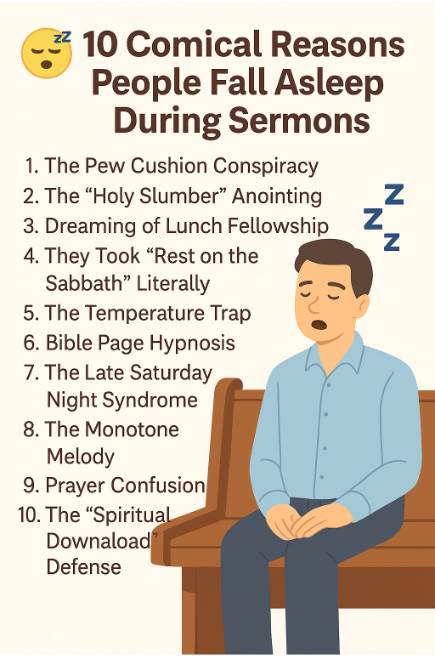
Christmas is one of the most meaningful seasons of the year for believers. We celebrate the miraculous truth that God stepped into our world, took on flesh, and came to save us. Yet ironically, the very season meant to draw us closer to Christ can also become one of the most distracting.
The problem is not that Christmas is filled with activity—it’s that our attention is often divided. Good things, when left unchecked, can quietly crowd out the best thing. Here are five of the most common Christmas distractions that can pull our hearts away from Christ—and gentle reminders to help us refocus.
1. Busyness That Crowds Out Stillness
December fills quickly with packed calendars—shopping, school events, church programs, family gatherings, travel, and year-end responsibilities. While many of these things are good and meaningful, they often leave little room for quiet reflection.
When life moves too fast, our spiritual attentiveness suffers. We can celebrate Christmas outwardly while neglecting Christ inwardly.
Scripture reminds us:
“Be still, and know that I am God.” (Psalm 46:10)
Sometimes the most Christ-centered thing we can do at Christmas is slow down.


 Christmas is one of the most meaningful and ministry-rich seasons of the year. The sights, sounds, and celebrations remind us once again of the miracle of Christ’s birth and the hope He brings into a weary world. With so much activity happening inside and outside the church, it can be easy for the heart of Christmas to get lost in the shuffle. That’s why a personal Christmas letter from the pastor to the church family can make such a powerful impact.
Christmas is one of the most meaningful and ministry-rich seasons of the year. The sights, sounds, and celebrations remind us once again of the miracle of Christ’s birth and the hope He brings into a weary world. With so much activity happening inside and outside the church, it can be easy for the heart of Christmas to get lost in the shuffle. That’s why a personal Christmas letter from the pastor to the church family can make such a powerful impact. A Little Humor for the Hard-Working Pastor (with a sense of humor)
A Little Humor for the Hard-Working Pastor (with a sense of humor) Every October, churches across the nation take time to honor their pastors and ministry leaders. While it’s easy to think of Pastor Appreciation Day as just another date on the calendar, it’s much more than that. It’s a heartfelt opportunity to say thank you to those who give their lives to serving God’s people.
Every October, churches across the nation take time to honor their pastors and ministry leaders. While it’s easy to think of Pastor Appreciation Day as just another date on the calendar, it’s much more than that. It’s a heartfelt opportunity to say thank you to those who give their lives to serving God’s people. Romans 10:14–15
Romans 10:14–15